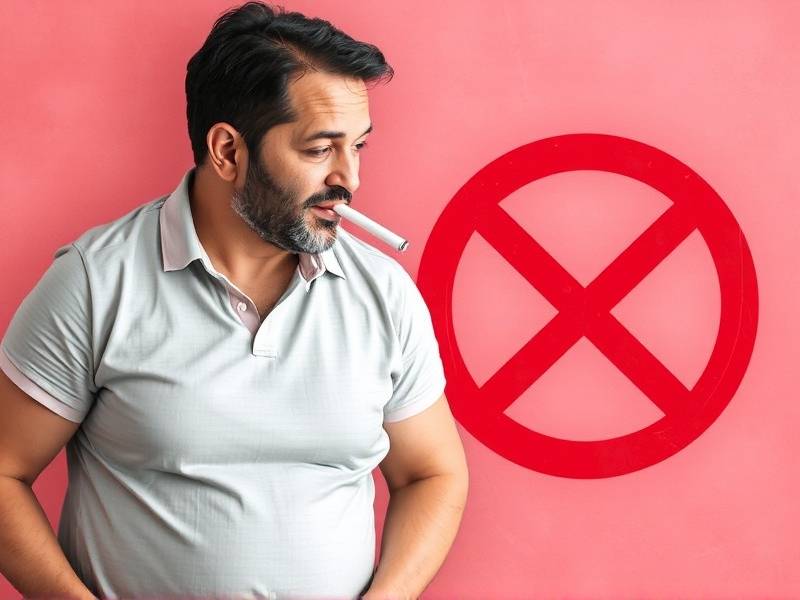Do You Really Have to Quit Smoking Before Weight Loss Surgery?
Navigating Weight Loss Surgery: The Truth About Smoking Cessation
Introduction: Weight loss surgery is a significant step for many individuals looking to overcome obesity and improve their health. However, one common question that arises is whether smokers must quit smoking before undergoing this procedure. In this article, we delve into the facts and considerations surrounding smoking cessation in the context of weight loss surgery.
Understanding the Risks of Smoking Post-Surgery

1. Increased Complications Smokers are at a higher risk of experiencing complications after weight loss surgery. The American Society for Metabolic and Bariatric Surgery (ASMBS) highlights that smoking can impair wound healing, increase the risk of infections, and delay recovery time.
2. Blood Clots and Pulmonary Embolism The risk of blood clots and pulmonary embolism is also heightened in smokers following surgery. These conditions can be life-threatening and pose a serious challenge to the recovery process.
3. Long-Term Health Concerns Continued smoking after weight loss surgery can lead to long-term health issues such as heart disease, stroke, and cancer. These risks are compounded by the changes in metabolism that occur post-surgery.

The Importance of Smoking Cessation Before Surgery
1. Enhanced Recovery Quitting smoking before weight loss surgery can significantly improve recovery outcomes. By doing so, patients can reduce their risk of complications and enjoy a smoother healing process.
2. Improved Longevity Long-term cessation from smoking is crucial for maintaining overall health post-surgery. It helps prevent the recurrence of obesity-related conditions and contributes to a longer, healthier life.
3. Weight Loss Success Smoking cessation can also contribute to better weight loss outcomes after surgery. Nicotine has been shown to increase appetite and slow down metabolism, making it more challenging to achieve sustainable weight loss.
The Reality: Can You Quit Smoking After Surgery?
While it's ideal to quit smoking before undergoing weight loss surgery, it's not impossible to do so afterward. Many patients successfully quit smoking post-surgery with the right support and resources.
1. Behavior Modification Techniques Behavioral techniques such as nicotine replacement therapy (NRT), counseling, and support groups have proven effective in helping patients quit smoking after surgery.
2. Medications Prescription medications like bupropion (Zyban) or varenicline (Chantix) may also be prescribed to aid in quitting smoking post-surgery.
3. Support Systems Having a strong support system in place—whether it's family, friends, or healthcare professionals—is crucial for long-term success in quitting smoking after weight loss surgery.
Conclusion:
In conclusion, while quitting smoking before weight loss surgery is highly recommended due to its numerous benefits for recovery and long-term health, it's not an absolute necessity. Patients who choose to quit smoking post-surgery should be encouraged with various resources available to them. Ultimately, the decision should be made on an individual basis with guidance from healthcare professionals who understand the unique circumstances of each patient's journey towards better health.
